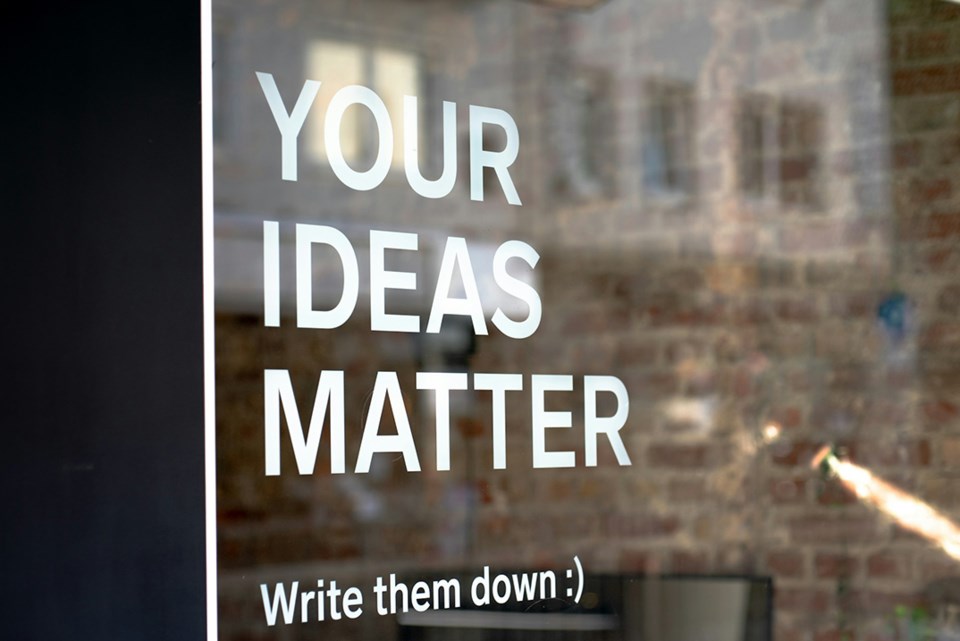Dear Editor
On Friday, Sept. 13, Prime Minister Trudeau made statements indicating that Canada fully supports the use of long-range weaponry by Ukraine against Russia. I will provide some insight and questions on this statement from a reasonably safe computer desk in Southwest Saskatchewan that is far removed from the front lines in Eastern Europe.
First and foremost, war of any kind is physically, mentally and emotionally brutish on those directly involved and the destruction and environmental impacts are devastating. As a Canadian, I am disappointed, to put it mildly, that Canadian military equipment was provided to Ukraine and used to attack Russia in the Kursk region.
I am startled at the lack of sanity displayed by Prime Minister Trudeau supporting the use of long-range weaponry to attack deep into Russia and the lack of courage by any of the Canadian opposition parties to voice opposition and question the use of weaponry against Russia.
The collective West, of which Canada is part, is using Ukraine as a “pawn” to provoke and deliver havoc and terror on the Russian nation. Ukraine does not have a chance of militarily defeating Russia and due to rhetoric from Western nations like “we will support Ukraine for as long as it takes” will likely cease to be a nation when the conflict is over.
Russia views the use of long-range weaponry staffed and operated by Western countries against Russia as an act of war. Why would you want to provoke a war with a nuclear-armed nation?
It has been said that war is a continuation of diplomacy by other means. What is the diplomatic issue regarding Eastern Europe? What is it that a nation or nations are unwilling to discuss? Are national leaders unwilling to discuss it with each other or are they unwilling to present the situation to their electorate for fear of consequences? I am quite certain it has something to do with Trudeau’s remarks Sept. 13.
“He is trying to deeply destabilize the international rules-based order that protects us all, not just in every democracy around the world, but in all countries around the world,” about Russia’s elected president Putin.
What exactly is the international rules-based order? That is a good question because it is not something that is exactly or easily defined and open to interpretation.
As I comprehend the intention of the phrase it is more or less an idea that since approximately the end of the Second World War, there is a set of institutions like the World Trade Organization, United Nations and the International Monetary Fund that are largely led by the United States and to a lesser extent the G7 nations.
This idea more or less resulted in a unipolar world for a brief period after the collapse of the Soviet Union in the early 1990s and before China’s impressive rise.
Is Putin trying to deeply destabilize the international rules-based order that Trudeau is so concerned about? Maybe it could be viewed that way but more likely it is just the natural course of events in the rise and fall of world empires.
Consider Putin’s statement in August 2023 at the Moscow Conference on International Security: "Clearly, the only way to minimize global tension, remove challenges and risks in the military-political sphere, increase confidence between countries, and secure their long-term development is to fundamentally reinforce the modern multipolar world system. No matter how much the existing globalist model's beneficiaries try to maintain the status quo, it is doomed. On a historical scale, geopolitical changes are heading in a very different direction.”
The multipolar world system Putin is referring to is largely about the development of BRICS (Brazil, Russia, India, China) geopolitical block that is likely viewed as a competitor to the G7 nations and American dominance.
Is Canada’s military support for Ukraine really about democracy? Consider the fact that in early 2022 the Ukraine National Security Council in a questionable manner suspended 11 political parties, furthermore since martial law was declared all elections have been suspended and office terms expired in May 2024.
If Canada was concerned about democracy, why arm and support Ukraine to battle Russia? Why not encourage peace so Ukrainians could have an election without suspending opposition parties?
Are political leaders and institutions using Russia and China as the boogeymen to keep citizens in fear or distracted? Should Canada call itself a democracy if opposition parties don’t do their job in providing opposition debate to make sure issues are thoroughly examined? How much longer will dissenting views be expressed without censorship in Canada?
Are political leaders afraid to discuss issues in depth because the consequences/implications are too much to bear for brittle institutions? Will the changes coming be to the benefit of the many or will it be a continuation of the few dominating the many? Are citizens prepared to take more responsibility for themselves and their community as geopolitical changes occur?
Richard Marleau
Ponteix
The views and opinions expressed in this article are those of the author, and do not necessarily reflect the position of this publication.




